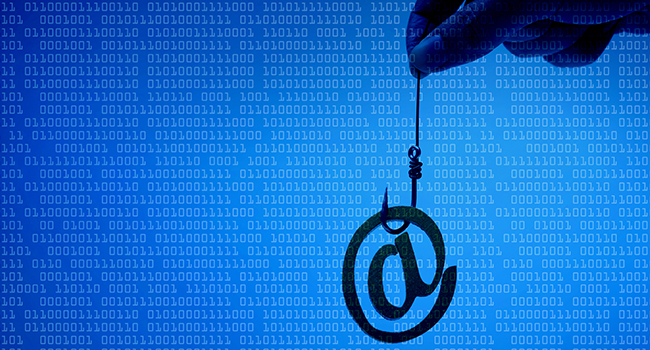
Only Half of All Fortune 500 are Bolstering Email Security
Agari’s data shows that 51 percent of the Fortune 500, the world’s wealthiest companies, are using DMARC, an improvement from about one-third of them a year ago.
- By Jessica Davis
- Nov 02, 2018
Just half of Fortune 500 companies have installed DMARC, a tool that guards against email phishing scams, according to new data from Agari.
Email systems use DMARC—domain-based message authentication, reporting and conformance policy—to verify the identity of an email sender to help protect against email phishing scams. Depending on the DMARC settings, an email system can monitor, quarantine or reject emails trying to impersonate another domain.
Agari’s data shows that 51 percent of the Fortune 500, the world’s wealthiest companies, are using DMARC, an improvement from about one-third of them a year ago. Only 13 of these companies have their DMARC capabilities set to mark spoofed emails as spam or reject them from inboxes.
Among the companies with the strongest DMARC policies were Aetna, American Express, Bank of America, Capital One, Facebook, Fedex, Microsoft, Netflix, PayPal, UPS and Wells Fargo. Among the worst, according to Agari, were Boeing, CBS, Discovery, Exxon Mobil, Frontier, JetBlue, NetApp, Time Warner Cable (Spectrum), Prudential, Viacom and Xerox.
Phishers often try to trick companies or other people into sending back sensitive information or secret corporate details by imitating trusted email domains. DMARC is designed to weed out most of those spoofed emails.
According to Agari, one of its customers was receiving millions of emails a day that were imitating the company’s own “from” domain. After the company implemented its new DMARC policy, set to rejected spoofed emails, the number of spoofed emails decreased by 99 percent.
“The damage from these attacks has ballooned into billions of dollars annually—however the real cost is the erosion of trust in digital business,” Agari’s Armen Najarian said.
About the Author
Jessica Davis is the Associate Content Editor for 1105 Media.